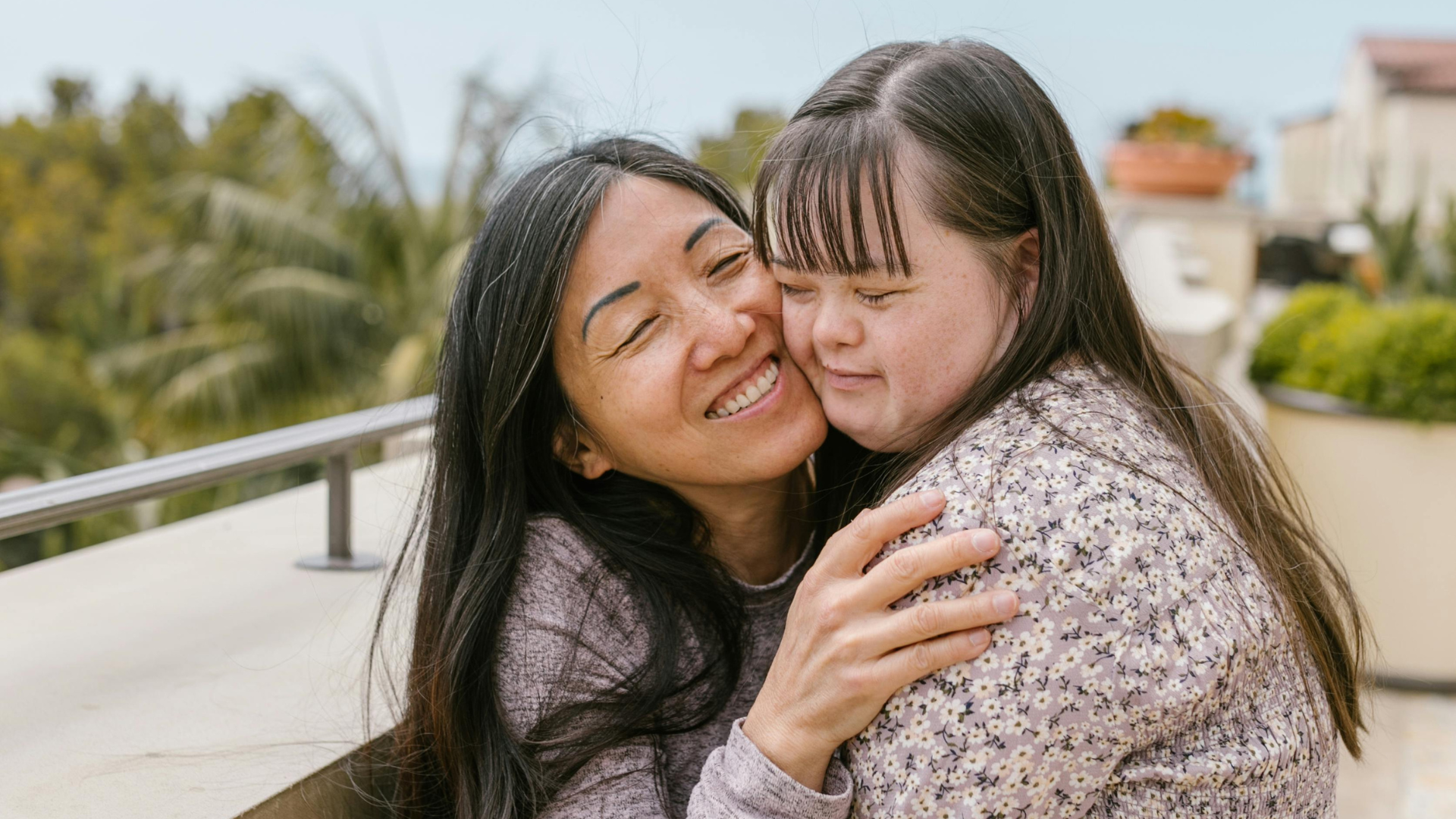How Building Relationship Skills Supports SEN Students
Unlocking Students Full Potential
In the heart of every classroom lies the potential for connection. For students with special educational needs, developing interpersonal relationship skills is more than just a part of their education, it’s a pathway to understanding, confidence, and growth. As professionals in the education sector, nurturing these skills can create a ripple effect of positive outcomes, not just for SEN students, but for the entire school community.
Interpersonal skills, the backbone of healthy relationships, aid communication, collaboration, and empathy. For SEN students, these skills are essential to navigating their unique challenges and thriving both socially and academically.
Why Interpersonal Relationship Skills Are Vital for SEN Students
For many SEN students, social interactions can feel like navigating a maze. They may struggle to interpret nonverbal cues, manage emotional responses or build connections with peers. This can lead to feelings of isolation and frustration. However, when educators focus on developing interpersonal relationship skills, they provide SEN students with tools to unlock understanding and connection.
These skills empower students to engage with the world around them, fostering independence, resilience, and a sense of belonging. More importantly, they contribute to creating an inclusive environment where every child feels valued and supported. When educators model behaviours like empathy, active listening, and effective communication, they set the stage for students to practise these skills in a safe and encouraging environment.
Practical Strategies to Build Interpersonal Skills
Building interpersonal relationship skills in SEN students requires intentionality, patience, and creativity. Here are some effective strategies that educators can incorporate:
Role-Playing Scenarios
Simulated social situations help students practise responses to common interactions. Whether it’s introducing themselves to a peer or resolving a conflict, role-playing builds confidence and reinforces appropriate behaviour.
Social Stories
Visual or written narratives that explain social situations can help SEN students prepare for interactions. These stories provide a clear framework for understanding social cues and expected behaviours.
Emotion Identification Games
Activities that focus on recognizing and naming emotions—such as using flashcards or apps—help students develop emotional awareness, a cornerstone of interpersonal skills.
Group Activities
Cooperative games and projects encourage collaboration, turn-taking, and active listening. Group settings provide opportunities to practise sharing ideas and respecting others’ perspectives.
Explicit Teaching of Boundaries
Use clear examples and exercises to teach the concept of personal space and emotional boundaries. Reinforce the importance of respecting their own limits as well as others’.
Positive Reinforcement
Celebrate small victories. Praising a student’s effort to initiate a conversation or listen actively builds their confidence and motivates continued growth.
How eQuoo Can Help Foster Interpersonal Skills
In today’s digital age, innovative tools like eQuoo are transforming how educators support SEN students. eQuoo, our clinically-proven mental resilience app, is designed to teach critical interpersonal relationship skills in a fun, engaging way.
Through interactive storytelling and evidence-based techniques, eQuoo helps students learn:
- Mirroring: Understanding and reflecting emotions to build empathy.
- Emotional Bids: Recognising emotional cues and responding effectively.
- Attention Control: Staying present and engaged during interactions.
- Boundaries: Respecting personal and social boundaries for healthier relationships.
What sets eQuoo apart is its ability to make learning accessible for SEN students. By gamifying the adoption of emotional soft skills, it creates a safe, low-pressure environment where students can practise real-world skills.
Creating Connection
Building interpersonal relationship skills isn’t just about individual lessons—it’s about embedding a culture of empathy and understanding across the school community. Here’s how educational establishments can amplify their efforts:
- Professional Development: Train staff in techniques to model and teach interpersonal skills.
- Parental Collaboration: Work with families to reinforce these skills at home.
- Incorporating Tools: Introduce resources like eQuoo to supplement traditional teaching methods.
- Celebrating Diversity: Foster an environment where differences are embraced, promoting inclusion and mutual respect.
Unlocking Potential, One Skill at a Time
For SEN students, learning interpersonal relationship skills isn’t just about making friends—it’s about unlocking their potential to communicate, connect, and thrive. With patience, creativity, and the right tools, educators can help SEN students navigate social landscapes with confidence.
By leveraging eQuoo and implementing practical strategies, professionals in the education sector can empower their students to build meaningful relationships that last a lifetime.
Take the first step today and contavt us to discover how eQuoo can enhance your support strategies for SEN students and transform their learning journey.


